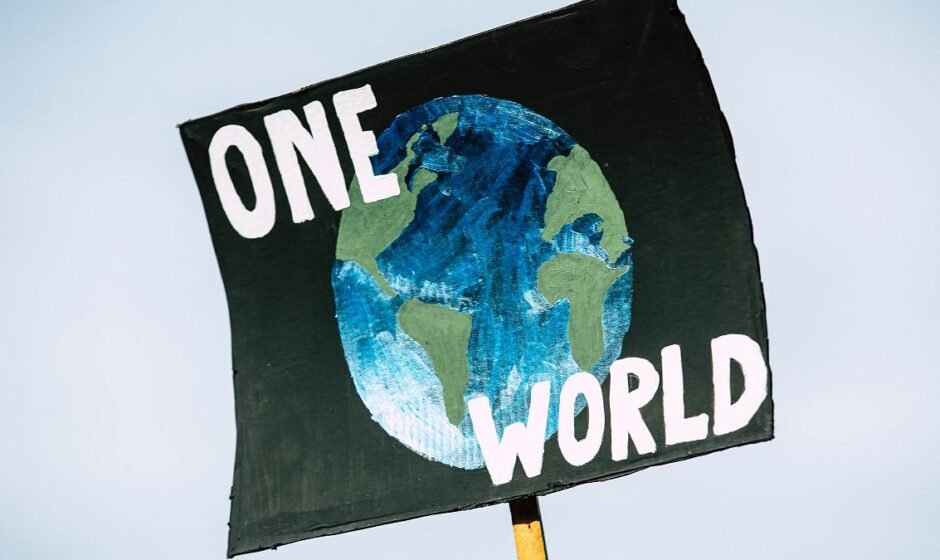Researchers studying human evolution in relation to the climate crisis have discovered both encouraging and disheartening results. Dr. Tim Waring, an associate professor at the University of Maine, sought to answer the question of how humans arrived at their current impact on the global biosphere in a recent paper focused on climate change. The goal of this research is to understand the processes that have led to our significant impact so that we can find solutions to the problems we face.
Dr. Waring approaches climate change through the lens of cultural evolution, which combines biology and social sciences. His latest paper, published in Philosophical Transaction, analyzes how human evolution might hinder our ability to solve climate change. While he does want to offer hope for humanity, the paper’s main objective is to accurately describe the challenges we are up against.
Waring and his team examined the resources humans have utilized, the impact they have had on their environment, and the development of their cultural traits over the past 100,000 years. They discovered that humans have consistently found solutions to the problems they encounter. This track record of problem-solving has led many people to believe that we will eventually solve climate change as well. However, the authors of the paper caution that our previous successes may not be enough to save us in the long term.
One of the reasons humans have been successful at problem-solving is that we intensify resource usage and scale whenever we face challenges. However, in the context of climate change, this approach may not be effective since we only have one planet. While international efforts like the Montreal Protocol have been successful in protecting the ozone layer, they primarily benefit local and sub-global groups. To truly address climate change, solutions need to be global, even if they go against the interests of existing groups.
Dr. Waring suggests that we should consider ourselves fortunate to have climate change as our first major challenge, as it is relatively easier to solve compared to other potential crises like ecosystem collapse. However, even if we do solve climate change, we will need to address our competitive nature as humans. In the past, conflicts caused by our competitiveness were manageable because the planet was healthier. But as we push the limits of the planet, this destructive behavior may become unavoidable.
To survive, humans will need to change how they evolve. The paper suggests exploring systems of self-limitation and market regulation to bind human groups together into a functional unit. However, concrete solutions are still being developed in the field of cultural evolution, which is currently poorly understood.
In conclusion, while the study of human evolution in relation to the climate crisis offers some hope, it also highlights the challenges we face. Understanding our past successes and shortcomings can guide us towards finding effective solutions to climate change. However, addressing climate change requires global cooperation and a reevaluation of our competitive nature.




